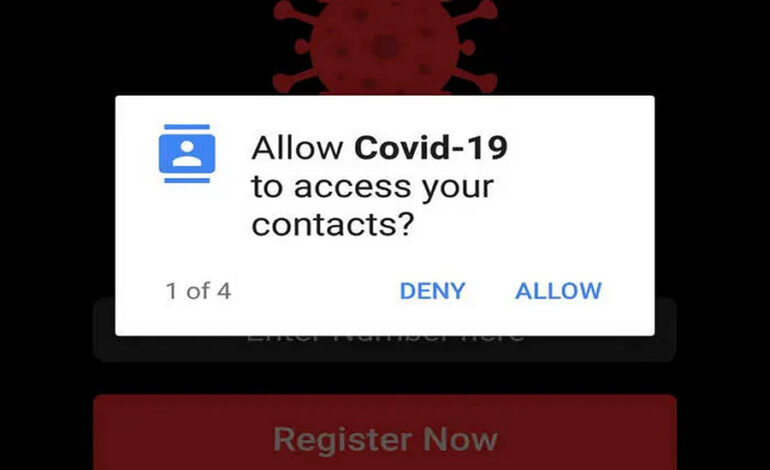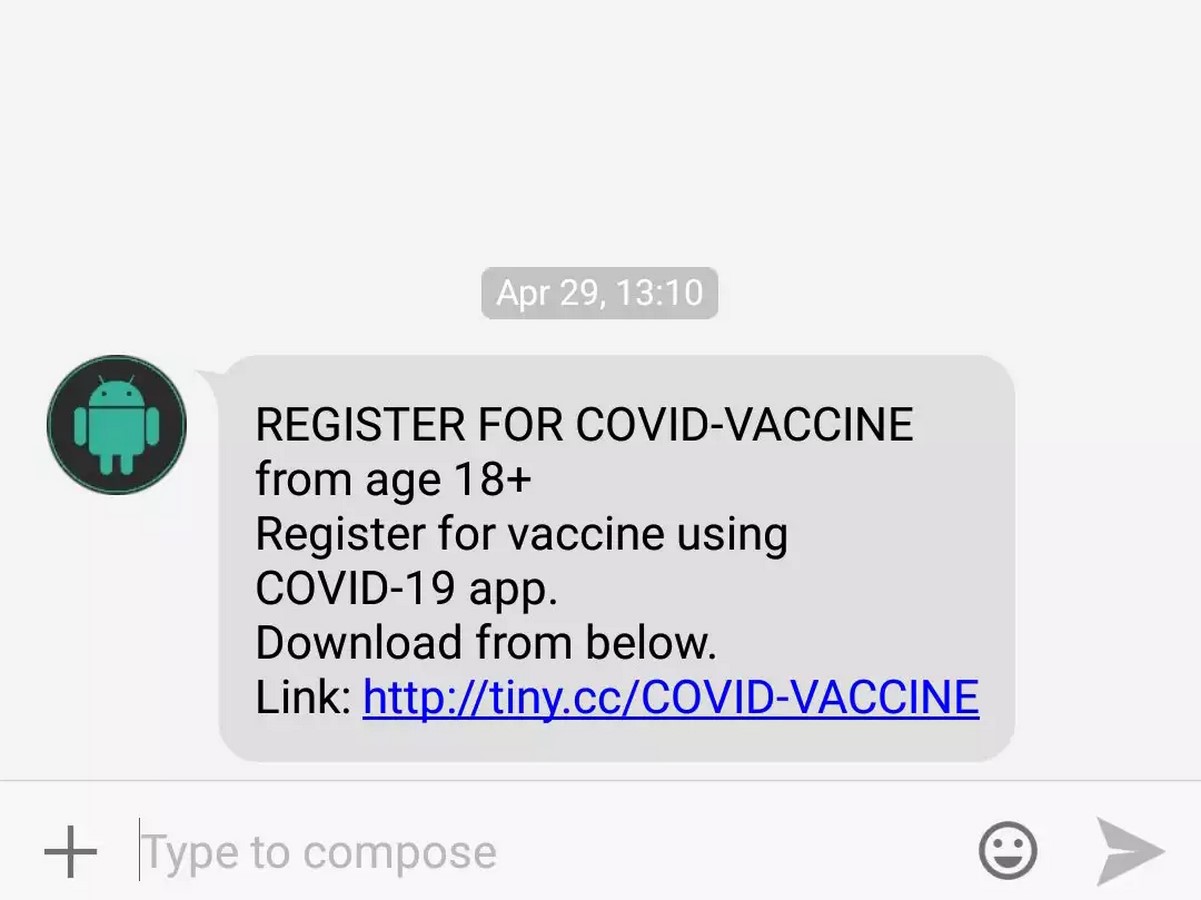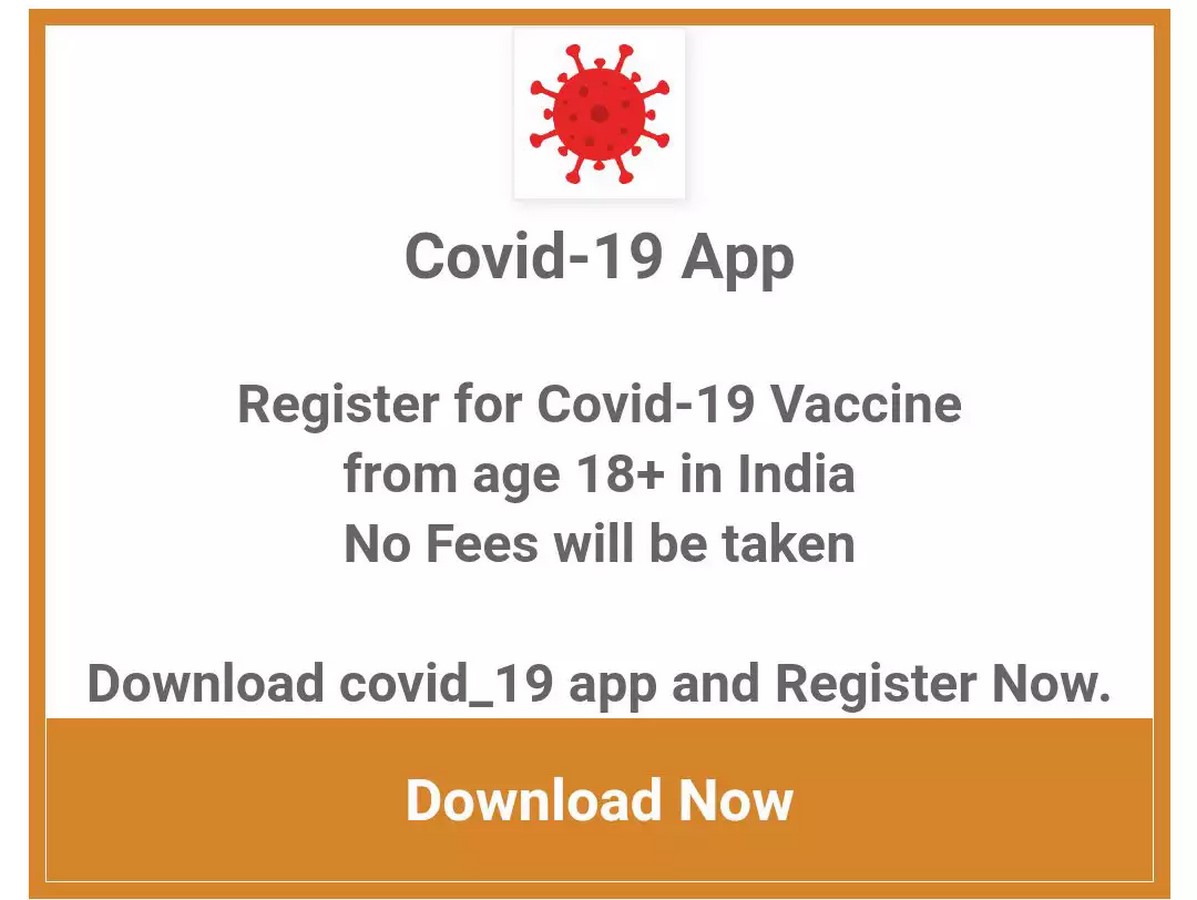Beware of COVID-19 SMS Malware Targeting Indian Users

CoWIN Alternatives and Malware Risks
As users in India seek alternatives to the official CoWIN mobile app for vaccine registration due to its inefficiencies, they are encountering a new threat in the form of a COVID-19 SMS malware. This malicious software promises to assist users in booking vaccination slots but instead infects their devices with harmful malware.
Malware Capabilities and Risks

The SMS worm, primarily affecting Android users, poses serious risks by granting unauthorized access to private accounts, conducting activities without the user’s knowledge, accessing personal data, and even deleting crucial information. Users may find their Twitter and Facebook accounts compromised, personal data exposed, documents deleted, and data usage increased without consent.
Detection and Confirmation
Malware researcher Lukas Stefano and the Malware Hunter Team first highlighted this issue, which was later confirmed by Australian cyber risk assessment firm Cyble. Cyble’s investigation revealed that India is the primary target of this malware campaign amid the country’s ongoing battle with the pandemic.
Developer and App Variants

Cyble’s efforts to trace the source of the fake app led them to multiple abandoned repositories on Twitter, listing similar apps under different names. The common objective across these apps is to gain permissions and access user devices. It’s suspected that a single developer is behind these malicious apps.
Operational Mechanism
The COVID-19 SMS malware operates through SMS containing malicious links that redirect users to seemingly legitimate websites. Upon clicking these links, the device becomes infected, and the malware replicates itself to everyone in the victim’s contact list. Suspicious activities include Bluetooth device checks, SMS sending, SIM card status inquiries, and phone contact information queries.
Impact and Precautionary Measures
Apart from the immediate threat of data theft and device compromise, victims may also incur monetary losses through unauthorized messages sent to their contacts, potentially depleting their phone balances. Users are urged to remain vigilant, avoid clicking on suspicious links, and rely on trusted sources for vaccine registration and COVID-19 information to mitigate these risks.









